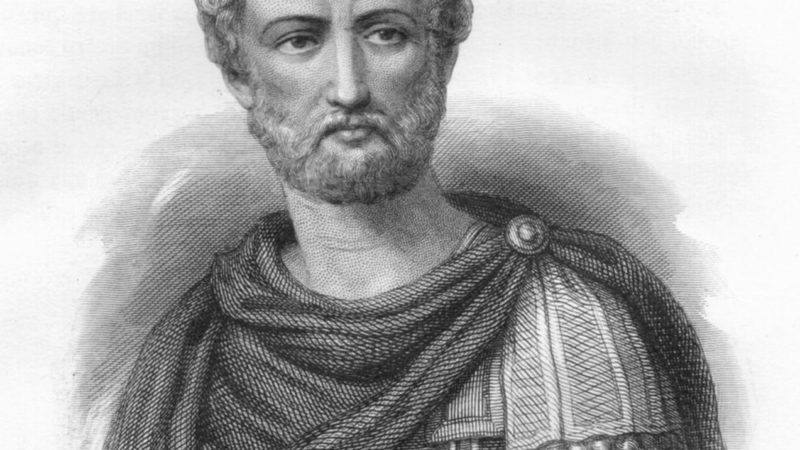Pliny the Younger
In the Latin elective on Pliny’s letters, Latin students spent the fall semester reading a selection of letters from Pliny the Younger who, as the governor of Bithynia in the 1st century, maintained extensive correspondences with friends, fellow politicians, and even the emperor Trajan himself.
We identified some hallmarks of the Plinian style: extensive use of participial phrases instead of noun phrases; long, periodic sentences; wit that was refined and understated; and most important, philosophical observations that uncovered wisdom in unlikely places. (All Pliny’s letters end only with a valē—the English equivalent of goodbye—which struck students as abrupt and unintentionally humorous.)
Students were asked to write a letter in the Plinian style, describing a real, personal experience, and to communicate it in a letter as Pliny would.
The class decided to address the letters to Lowell, mirroring Pliny’s letters addressed to the Emperor Trajan. Readers may notice that some students took the opportunity also to satirize the “translationese” of turning Latin into clunky English. These letters are not exemplars per se of English prose style, but they do a great job of mimicking Latin prose rhythm.
For comparison, below is an actual letter (in translation) from Pliny to the historian Tacitus. After giving that a look, read three Plinian letters from class by Owen Gervais, Tim Clifford, and Dorrie Pinchbeck.
1.6.–TO CORNELIUS TACITUS.
You will laugh, and I give you leave to. You know what sort of sportsman I am, but I, even I, have bagged three boars, each one of them a perfect beauty. “What!” you will say, “YOU!” Yes, I, and that too without any violent departure from my usual lazy ways. I was sitting by the nets; I had by my side not a hunting spear and a dart, but my pen and writing tablets. I was engaged in some composition and jotting down notes, so that I might have full tablets to take home with me, even though my hands were empty.
You need not shrug your shoulders at study under such conditions. It is really surprising how the mind is stimulated by bodily movement and exercise. I find the most powerful incentive to thought in having the woods all about me, in the solitude and the silence which is observed in hunting.
So when next you go hunting, take my advice and carry your writing tablets with you as well as your luncheon basket and your flask. You will find that Minerva loves to wander on the mountains quite as much as Diana. Farewell.




